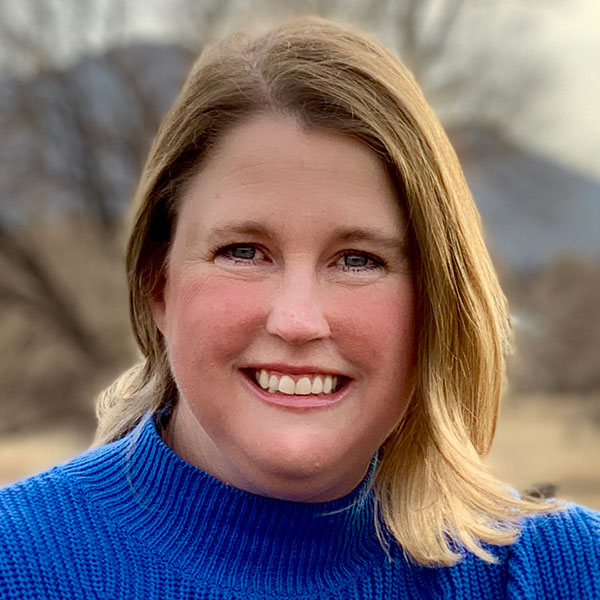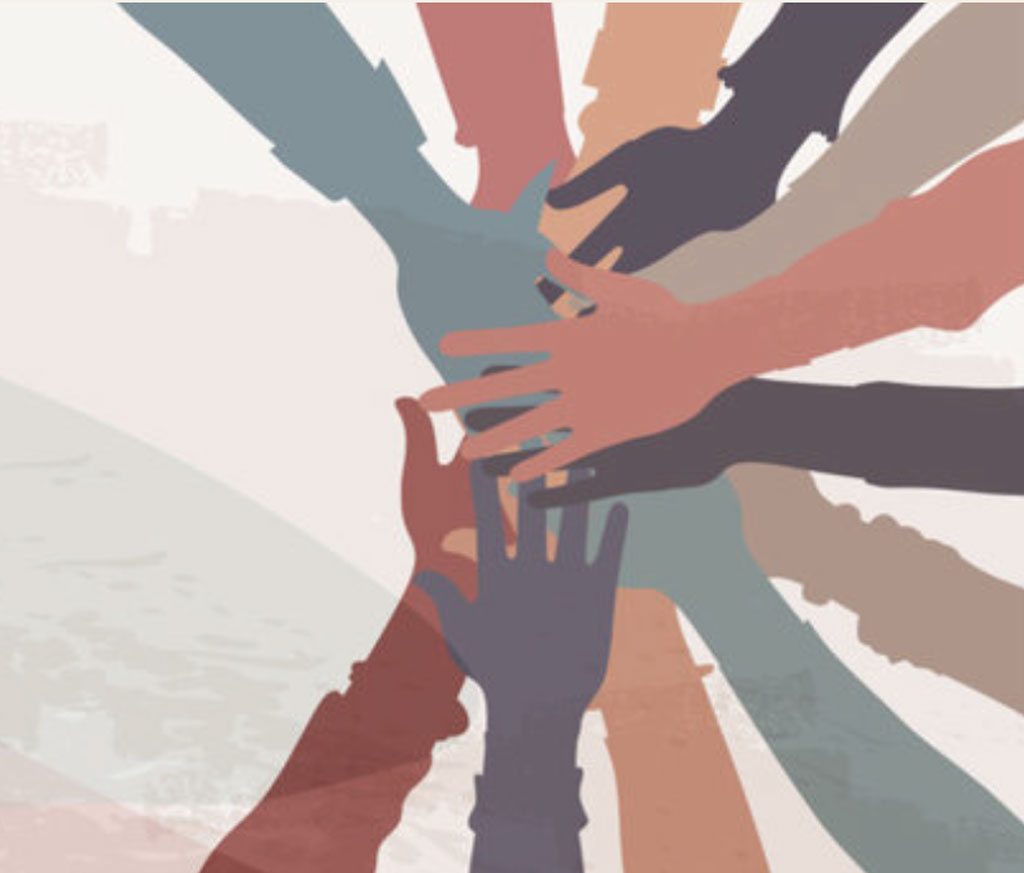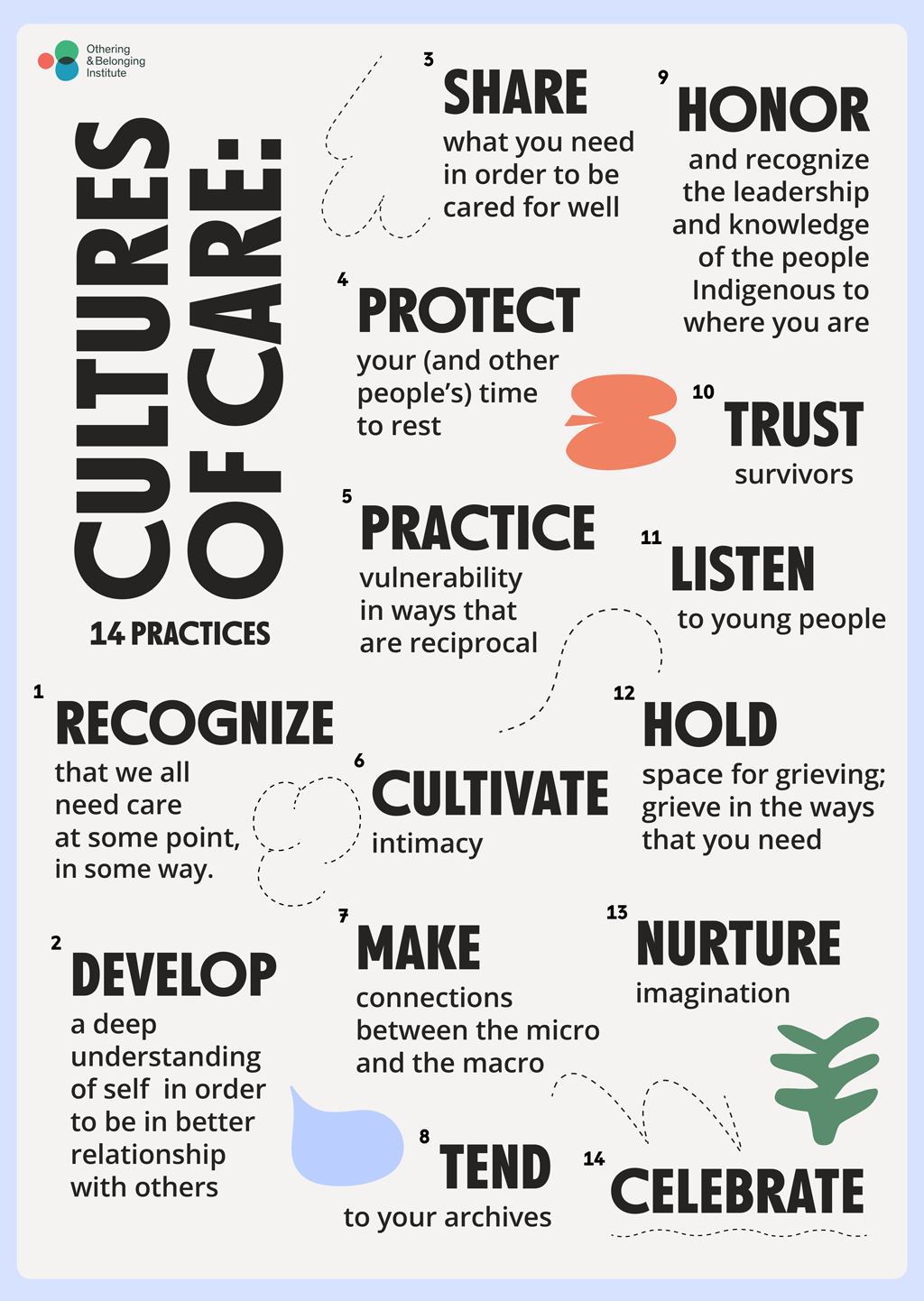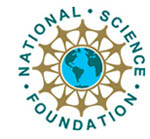Strategies to Mitigate Implicit Bias and Promote an Ethos of Care in the Research Enterprise: A Convening
This project aims to develop ways to encourage access and broaden participation in research in higher education. The conference draws upon the topic of a culture of care. A focus on care reorients the research enterprise towards recognizing how institutions are made of systems and structures, as well as individuals. The goal is to find ways to enhance practices and processes that will facilitate the research opportunities of underrepresented researchers and ensure the U.S. remains competitive and agile in the face of global challenges.
This conference is a partnership between a national professional society, the American Association of Geographers (AAG); an Emerging Research Institution, the University of Colorado at Colorado Springs, (UCCS); and a research enterprise organization, the National Organization of Research Development Professionals (NORDP). Together, these organizations are well-positioned to catalyze scalable practices into diverse institutional and organizational contexts, especially at minority-serving and emerging research institutions. The conference will include three groups of participants: research enterprise professionals, leaders in institutions of higher education, and early career faculty. Participants will be placed in groups of three (or triads) with a member from each of the three groups. The triads will: 1) explore the lived experiences of researchers in navigating or supporting the research enterprise, and 2) recommend practices that are expected to broaden and strengthen the research enterprise workforce. The goal of the convening is to enable practitioners in the research enterprise field to encompass both knowledge discovery and critical reflection on the ethical, political, economic, and emotional aspects of research practice and knowledge production. Ultimately, the conference will offer opportunities to stretch horizons and expand the capacity of the research enterprise to enhance and improve science.

Risha RaQuelle
Principal Investigator
American Association of Geographers

Emily Skop
Principal Investigator
University of Colorado at Colorado Springs
Project Partners



Resources
Understanding how we think about the concept of care

Centering Care in the Academic Research Enterprise
During the summer of 2024, participants in the Convening of Care Collective gathered at AAG headquarters in Washington D.C. to challenge each other on the assumptions, implications, and future directions for caring practices in the academic research enterprise. One outcome culminated in a foundational paper presenting possible reform efforts.
Read the report

An Ethos of Care
Emily Skop, Martina Angela Caretta, Caroline Faria and Jessi L. Smith offer other scholars engaged in research collaborations a pledge to help foster and sustain more equitable relationships. (Inside Higher Education paywall)
Read the article

Othering and Belonging Institute about the Culture of Care
- Care is an essential, immediate and practical way to create belonging.
- Cultures of Care are practices that create belonging in the context of othering.
- These practices center an ethos of collective care in the face of multiple forms of overlapping othering and oppression.
- A Culture of Care is an affirmative, generative form of resistance and adaptation.

This material is based upon work supported by the National Science Foundation under Award No. 2324401 and Award No. 2324402. Any opinions, findings and conclusions or recommendations expressed in this material are those of the author(s) and do not necessarily reflect the views of the National Science Foundation.
